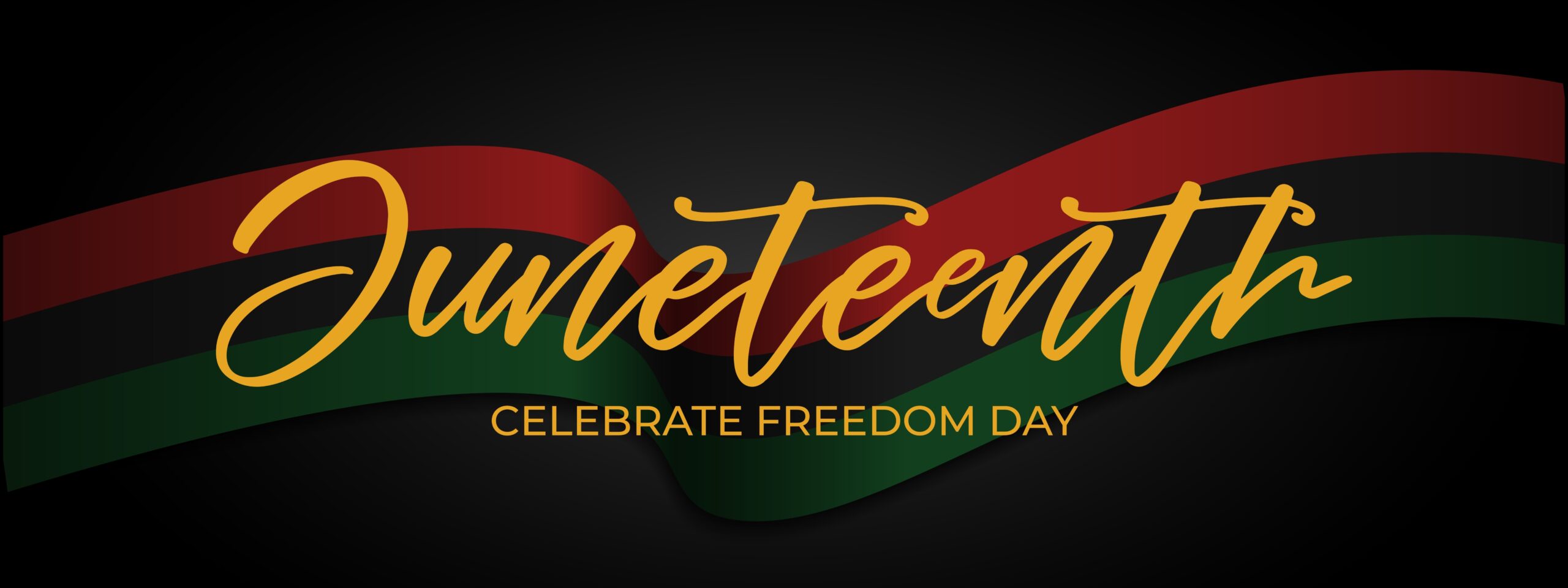By Allie Feinberg
Known as America’s second Independence Day, Juneteenth is a reminder of African Americans’ strength and resilience over centuries.
Though it didn’t become a national holiday until 2021, it’s been celebrated since 1865. Union troops liberated slaves in Galveston, Texas, to signal the end of slavery.
Now, the holiday celebrates not only emancipation, but African American freedom and achievement in general.
What is Juneteenth?
Though Abraham Lincoln’s Emancipation Proclamation went into effect in 1863, it didn’t reach states still under confederate control until years later.
Texas was the last state to sustain slavery. More than 250,000 enslaved people were freed when Union troops arrived in Galveston Bay, Texas, on June 19, 1865. At the onset of Reconstruction, formerly enslaved people built a community and even sued slaveholders for compensation, according to Smithsonian National Museum of African American History and Culture.
Why is Juneteenth important in 2024?
Juneteenth is a reminder of what African Americans went through, according to Mary Elliott, the curator of American Slavery at the Smithsonian Museum of African American History and Culture. But it’s fluid, she said, and has evolved to meet the needs of society today.
“Juneteenth is also a site for political knowledge,” Elliott wrote. “It’s a time to recognize that you need to be registered to vote. You need to know what’s going on in your own city. You need to take control of your civic duty.”
Are there Juneteenth traditions?
The color red is most associated with cultures that came to America during the later years of the Transatlantic slave trade. It represents sacrifice, transition and power, according to the Smithsonian National Museum of African American History and Culture.
Families gather to learn, celebrate and eat red foods like strawberry slab pie, barbecue and dishes with tomato sauce.

